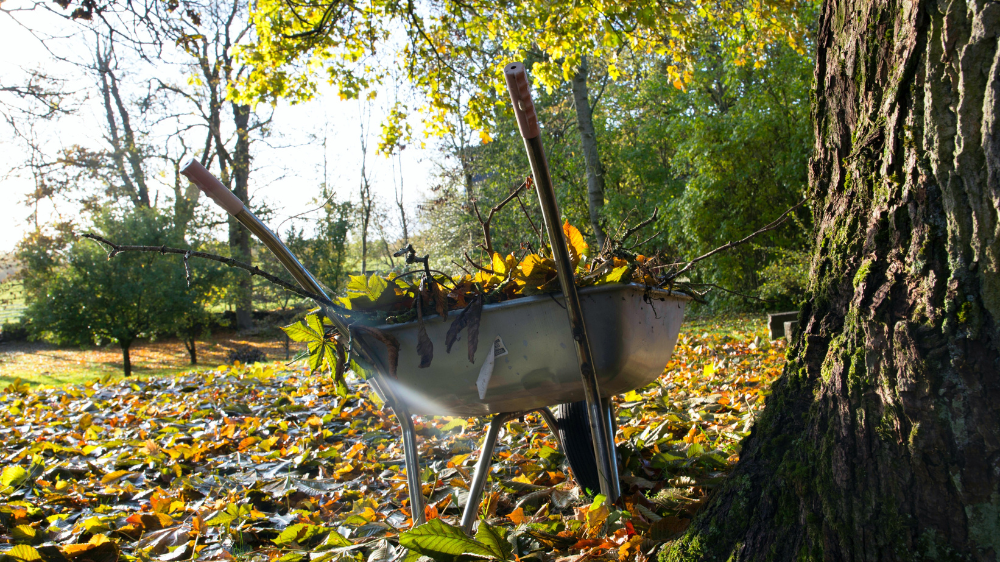
GPs encouraged to put people to the trowel
Getting outdoors to garden or take part in sport can help with mental health, and doctors can play a part by prescribing the activities, a new study spearheaded by Exeter University has shown.
It's call Green Social Prescribing, which helps support people with mental health needs to engage in nature-based activities.
Referrals will typically come from GPs, community mental health teams, or social workers, but people can also self-refer. Nature-based activities include conservation, horticulture and gardening, care farming, exercise and sports, or talking therapies in the outdoors.
Researchers from the University of Exeter - in partnership with the University of Sheffield, Sheffield Hallam University, and University of Plymouth - worked on the £5.8 million project for the Department for Environment, Food & Rural Affairs (Defra).
In total, 8,339 people with mental health needs took part in nature-based activities, including children, ethnic minority populations and people from socio-economically deprived areas.
Before accessing nature-based activities participants’ happiness, anxiety, life satisfaction, and feeling that their life was worthwhile was worse than national averages. After taking part in the project wellbeing had improved, and typically happiness and anxiety was in line with the national average. Levels of life satisfaction and feeling that life was worthwhile had also improved significantly.
Professor Ruth Garside of the European Centre for Environment and Human Health at the University of Exeter said: “Our findings are significant because it provides evidence that Green Social Prescribing is an effective way of supporting people with their mental health. But this is just the beginning and further government investment is now supporting the leadership and systems change that we know Green Social Prescribing needs to be successful. However, there must be an ongoing commitment from policymakers to understand the needs of communities and enable more diverse people to connect with nature, alongside investment in those organisations that provide nature-based activities.”.
With an average cost of £507 per participant, researchers also found Green Social Prescribing to be a cost-effective method of supporting people across a wide spectrum of mental health needs. That’s when compared to other interventions, such as Cognitive Behavioural Therapy (CBT), behavioural activation, and early intervention for psychosis and collaborative care for depression.
 Chief constable won't be prosecuted
Chief constable won't be prosecuted
 Pop-up market proposal for Exeter city centre
Pop-up market proposal for Exeter city centre
 'Bad deal' blast over Churston solar farm
'Bad deal' blast over Churston solar farm
 Bovey Tracey holiday homes plan rejected
Bovey Tracey holiday homes plan rejected
 Broadside for 'incongruous' Kingsbridge waterside home
Broadside for 'incongruous' Kingsbridge waterside home
